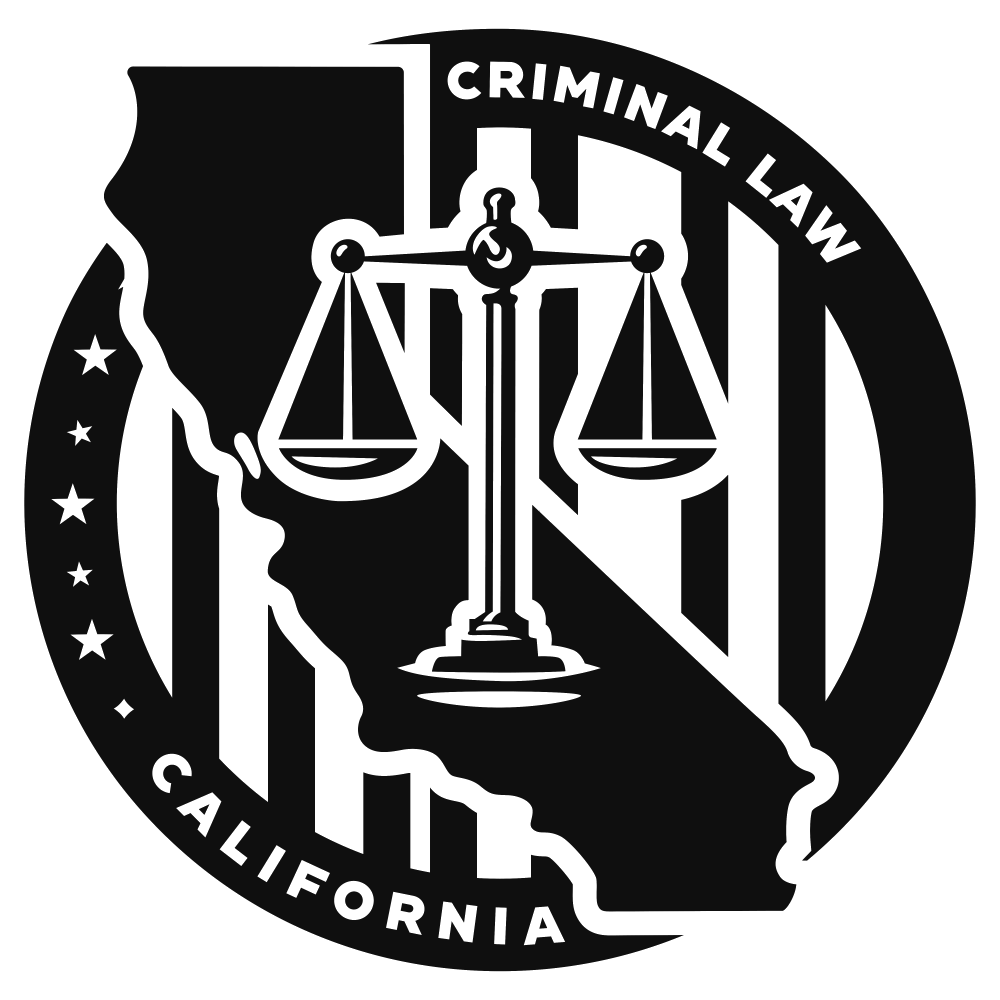In a significant ruling on Thursday, the California Supreme Court placed new restrictions on the circumstances under which police can detain and question individuals on the street. The decision has drawn divergent reactions from community advocates and law enforcement groups.
The case, The People vs. Marlon Flores, centered on a situation where Flores was merely standing near a car at night in an area deemed “high-crime” by police. As the court’s opinion, written by Associate Justice Carol Corrigan, stated: “The only thing he did was, he was standing by a car at night in an area that the police deemed to be a high-crime area. And his so-called odd behavior was that he, the police say, he ducked down, trying to tie his shoes. And was seeming to avoid police interaction.”
The ruling established that attempting to avoid contact with police alone does not constitute reasonable suspicion of criminal activity, which is required for police to detain someone. Corrigan’s opinion emphasized this point: “But before an officer can compel compliance with a show of authority… articulable facts must support a reasonable suspicion of criminal activity. In the absence of such facts, the person is constitutionally protected and empowered to go on his or her way.”
Sujung Kim, a managing attorney at the San Francisco Public Defender’s Office, welcomed the decision, saying, “For, you know, innocent behavior. For just being in a certain neighborhood and characterized as criminal. The court has finally acknowledged that fact.”
However, Tracy McCray, president of the San Francisco Police Officers Association, criticized the ruling, stating in an email: “California’s politicians and courts are making it harder and harder for police officers to do their job to protect the communities we serve. The California Supreme Court just opened a giant loophole that will be used by thousands of drug dealers, gang members, sex traffickers, and burglars who will attempt to use this very subjective standard to get back on the street as soon as possible to victimize the people who live, work and travel here.”
On the other hand, community advocates like Dr. Frances Ramos of Communities United For Restorative Youth Justice (CURYJ) view the ruling as a positive step. Ramos noted, “We are going up against somebody, who is armed, and who we have seen has the full support of the state behind them, in terms of treating the average person however they think they should be treated.”
While law enforcement groups argue the decision will hinder their ability to investigate potential criminal activity, civil rights advocates believe it will help prevent over-policing, particularly in communities of color.
